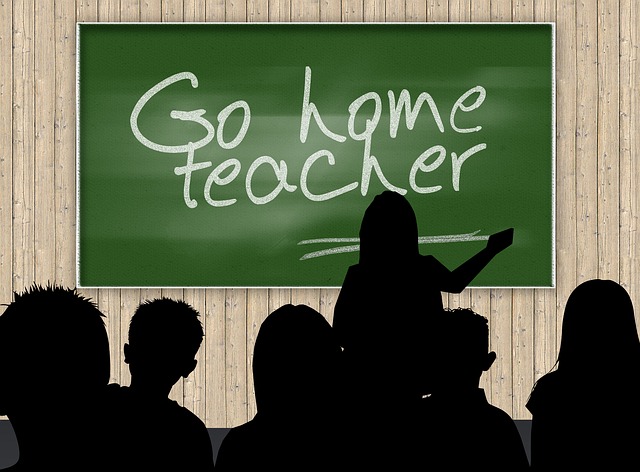Teachers: the major cause of poor performance of students in schools?
It is a great honour to be considered an “expert” at anything. We often see in the media where persons who have been invited to panels to talk about or (analyse?) issues are introduced as experts in their fields. Any field may have many experts as we would have discovered. In education, for example, there are experts in curriculum, experts in assessments, experts in teaching, experts in inspection and experts in education itself, all types of experts.
A number of these experts are convinced (as a result of their presumed expertise on the matter) that teachers are the major impediments to students’ optimal performance in the classroom. They seem to derive this conclusion by cursorily examining high performing schools which share similar characteristics with low performing schools. Some of these high performing schools have large classes, for example. Yet their students learn, they argue, as opposed to students in the same situation in low performing schools. Class size, therefore, is not an impediment to learning they fallaciously conclude.
These experts discount other factors like the screening process which these high performing schools at the primary level, for example, engage in to ensure that they get the best students. The Ministry of Education does the screening for secondary schools with some schools getting the best students and the other schools getting the rest. Furthermore, they ignore the disparities in environments in which the schools operate. Moreover, these experts discount other factors which may negatively impact students’ learning such as students’ attitude to learning, students’ learning abilities, the value parents place on education, salaries, working conditions, leadership among a very long list of other such factors which may negatively impact performance of both teachers and students in schools.
These experts declare that it is the teachers’ job to effect learning in students. Environmental factors are secondary to the teachers’ primary function. Teachers must be mindful of this fact and get the job done, these experts say.
Experts seem to believe that there is a fool-proof formula which teachers must use to effect learning in students. At the end of following a step by step approach to instruction, all forty-five students (if that is the number of students in the class) would have “been reached” by the teacher.
By the way, in the past when teachers in training were introduced to the art of writing lesson plans the objectives were framed in a hopeful manner. That is, “at the end of the lesson students should be able to...” and the teacher in training would list at least three objectives. The objectives were thus framed because it was understood that there were some students by virtue of a number of factors within and outside of their control who would not achieve everything the lesson was intended to achieve.
Today, it seems that teachers are being instructed to frame objectives in a positive, concrete way which declares the knowledge that a positive outcome will be achieved at the end of the lesson, in spite of everything else which may be happening to the student at that time. For example, instead of stating that students should be able at the end of the lesson to display certain behaviours, teachers are being encouraged to state categorically that at the end of the lesson students will be able to display the desired behaviours which the lesson intended. The rationale for this change as explained by one of these experts in education is that teachers will now put in the required effort to ensure the desired outcome in students, as if they were not doing so before.
Now, I will agree that there are some teachers who do not have the will to utilise every available strategy to ensure student learning. But many do. And in spite of the best efforts of these hard working teachers, a number of students will still be on the periphery of the learning process at the end of each lesson. This must not be, according to the experts.
These experts are ignoring the fact that the teaching learning process is a collaborative one. It is also one of compromise. For the teacher to achieve her/his goal which is student learning, he/she has to be willing to, in an innovative way, give something – the content of the lesson as well as feedback. For the students to achieve their goal in this setting (it must be acknowledged that many students do not yet have any goals where education is concerned) they will have to come to class with the “right” attitude – being willing to listen, to ask questions (if this is allowed), to do the assignments.
The oft used statement that you can lead the donkey to the water but you can’t force it to drink is apt here. We should also realise that the donkey may have wanted to drink but there are impediments which are preventing it from doing so. It is the same with students. Some students actively rebel at schooling as those who have been in the classroom for even a little while will tell you. Others by virtue of whatever deficit they possess find it difficult to grasp what is being taught while others will grasp instruction with little effort exerted by the teacher.
It is quite de-motivating to teachers who are, and have always been trying every strategy to get their students to learn without achieving the success which they would like, to be told that they are not doing enough. Experts must also give equal weight to the other factors which may negatively impact students’ performance in the contexts in which the teaching/learning process takes place when they assess the teachers’ performance. In addition, since they have the “answers” to students’ performance probably they should spend at least a week in one of the “failing” schools conducting the lessons so that teachers and students may learn from them.



Comments
Post a Comment